Is Switzerland dropping the Balkans? Reduced aid sparks geopolitical concerns
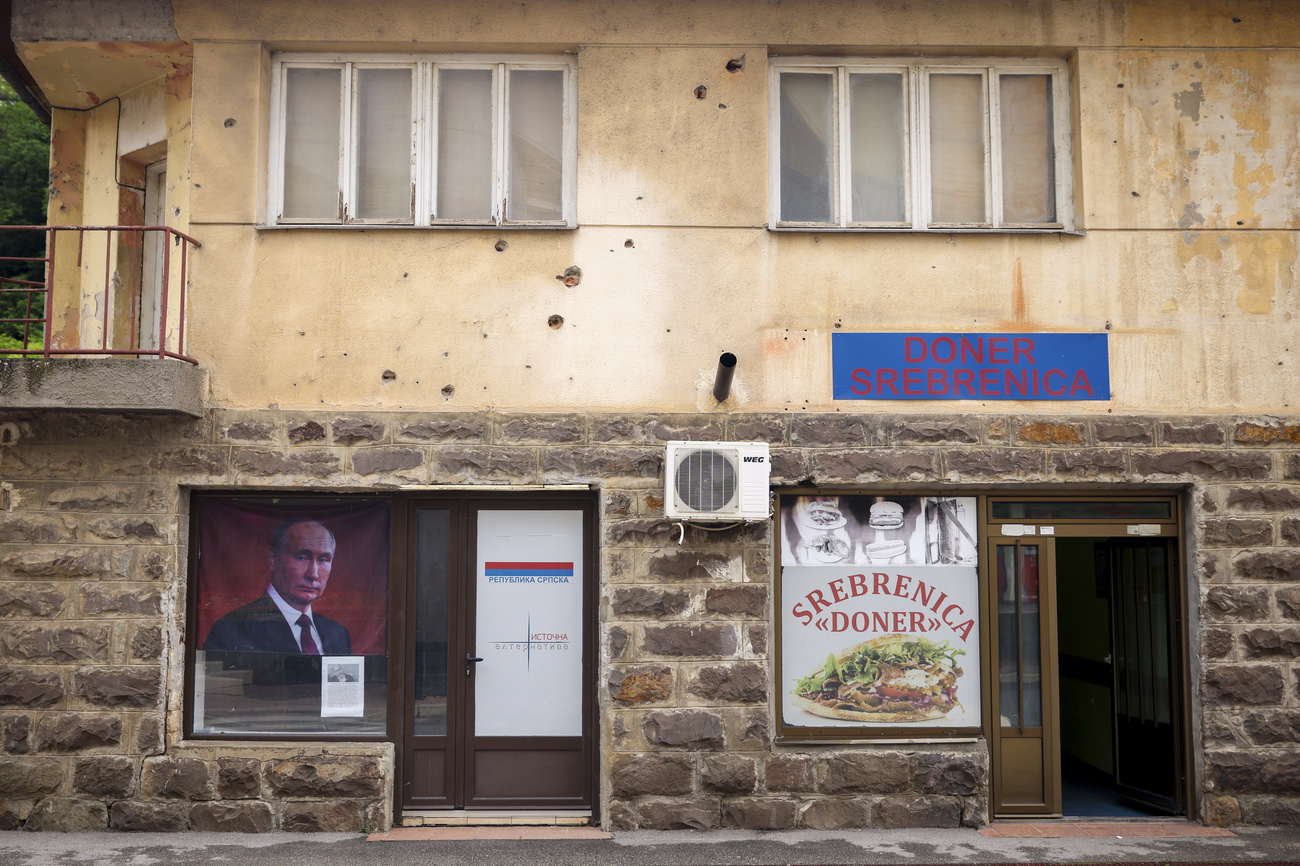
Switzerland intends to cut funding for development cooperation in favour of increasing military spending. The geopolitically significant Western Balkans would also be affected.
In neutral Switzerland, the signs point to rearmament. The Senate has proposed a CHF4 billion ($4.6 billion) increase for the Swiss army budget over the next four years. But where will the money come from? Public finances are tighter than in the past, and Switzerland cannot buy weapons on credit. The debt brake mechanism, which requires a balanced state budget, prohibits this.
One proposal, which is primarily backed by the centre-right conservative parties, is to divert half of the extra funds for the army from the development cooperation budget. The largest portion of this would be saved from the Swiss Agency for Development and Cooperation (SDC), likely resulting in a withdrawal from six to eight of the 34 focus countries of Swiss development policy. This would include Albania, Serbia, and Bosnia and Herzegovina – countries with large diasporas in Switzerland.

More
Our weekly newsletter on foreign affairs
Such a move would put Switzerland on a different path from most other European countries. The Western Balkans are considered a region of great geostrategic importance, especially since Russia invaded Ukraine in 2022.
The Western Balkans are also a priority region for the European Union which unveiled a growth planExternal link for the region last winter and granted Bosnia and Herzegovina candidate status for EU membership (along with Ukraine and Moldova). Individual states like Germany and Austria also view the Western Balkans as an important region for their development cooperation.
The worries of a Swiss development organisation
Non-governmental organisations (NGO) serving as the SDC’s implementing partners on the ground would be the hardest hit by the cuts. One of them is Helvetas, an organisation involved in development cooperation and humanitarian aid, which has been active in the Western Balkans for two decades.
Matthias Herr, headExternal link of Helvetas’ Eastern Europe division, warns that withdrawing from the Western Balkans could be a strategic mistake in terms of security. “Boosting investment in the military is a legitimate interest of Switzerland. However, development cooperation is also part of foreign and security policy,” he says. “In the Western Balkans, development cooperation has significantly contributed to stabilising the region.”
A withdrawal from the region would create a vacuum that could quickly be filled by countries like Russia, China, Saudi Arabia, or Turkey, Herr believes. These countries could bolster their political influence by offering support with fewer conditions which could potentially lead to an increase in corruption and a decrease in environmental standards.
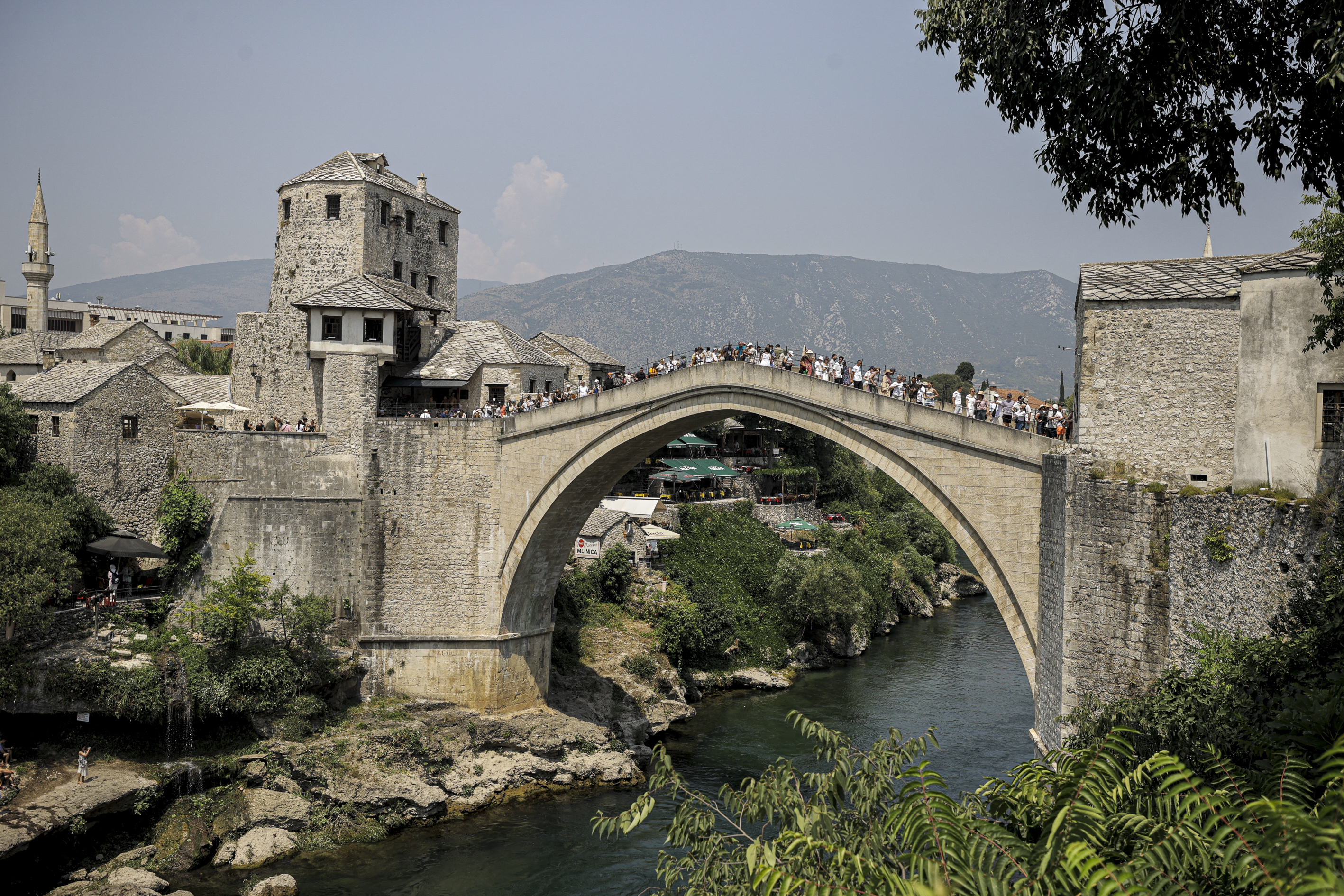
The Western Balkans faces significant challenges. These include high unemployment and migration, rising authoritarianism in some countries, and persistent structural economic deficits and corruption. Helvetas addresses these issues following two thematic priorities: economic development (creating job opportunities for youth), and governance (supporting decentralisation, strengthening local authorities and promoting civil society). All of these efforts have yielded measurable success.
A criticism of development cooperation is that it supports democratically questionable governments. Herr counters: “If we did not engage, such tendencies would likely worsen.” Decentralisation and strong civil societies are important correctives in these states, which were centrally and authoritarianly led during the Cold War, a legacy that can still be felt today.
The EU’s paradox path
The Cold War and the ensuing conflicts in the region may seem distant, so distant, in fact, that some critics question the need for development aid in the Balkans, observes Adnan Ćerimagić, senior analyst at the European Stability InitiativeExternal link. “Half of the countries belong to NATO, and some are in the process of joining the EU,” he notes. However, a closer look would reveal that these developments are not irreversible.
Political tensions have escalated again, especially between Kosovo and Serbia and within Bosnia and Herzegovina. In addition, “the economic and social facts are clear: the gap between these countries and the rest of Europe is widening rather than narrowing,” says Ćerimagić.
However, Ćerimagić is less concerned that Switzerland’s withdrawal would create a vacuum for Russia to fill. Such a void, in his view, would likely remain. He doubts that other European countries would step in.
“The process to gain EU membership has a paradoxical effect,” he says. “Once a country has joined, European governments often discontinue their bilateral aid. The funding provided by the EU is often lower [than the aid]. As we can see, most processes are effectively stalled which leaves these countries in a state of limbo.”
If Switzerland were to withdraw now, networks and knowledge that have taken decades to build would be lost, Ćerimagić warns. In 2023, Switzerland’s financial contributionExternal link to Bosnia and Herzegovina amounted to CHF16 million, and a combined total of CHF75 million including Albania and Serbia. Given the modest scale, Ćerimagić suggests that politicians in Bern should question whether withdrawing from such a fragile region in times of new emerging political blocs truly serves Switzerland’s foreign policy objectives.
Tight budget and self-interest
Switzerland recognises the UN target of allocating 0.7% of GDP to development cooperation. However, like most countries it has not reached this goal yet. Last year, it managed to hit the 0.6% mark for the first time.
International cooperation across Europe is coming under increased pressure for several reasons. The Covid-19 pandemic and the war in Ukraine have strained financial resources which has left many governments with reduced budgets for international aid.
The influx of Ukrainian refugees has led to a higher expenditure in many European countries, some of which could be allocated to international cooperation budgets. Additionally, development aid is being redirected towards Ukraine – Switzerland plans to use 15% of its total aid for this purpose.
There is also an ideological component at play: the rise of conservative and right-wing parties, which have traditionally opposed development cooperation, has led to cuts in aid budgets. As a result, governments are increasingly reluctant to allocate funds for international aid.
But if they do, they want to benefit from their investments. Funds from international cooperation are increasingly used to pursue a donor country’s own economic interests – a trend which can be observed across Europe.
Sweden is a prime example of this trend. After coming to power, the new conservative government merged the Ministry for Development Cooperation with the Ministry for Trade. Although the Western Balkans remain strategically important for Sweden, the government aims to primarily leverage “synergiesExternal link with EU activities” in the region.
Switzerland for its part has taken yet another turn with its current strategyExternal link on international cooperation. Development cooperation is now strategically linked to the country’s migration policy which has produced mixed results so far.
Signs of a major withdrawal
If the Swiss government decided to reduce the budget for development cooperation, it would not only impact the Western Balkans but also affect other priority countries such as Georgia, Tunisia, Egypt, Myanmar and Mali.
Additionally, emergency aid is due to be cut by half a million Swiss francs which could potentially lead to a withdrawal from conflict zones like Afghanistan, Syria, Yemen and Sudan – countries that are poorer than those in the Western Balkans. Reducing the budget would also impact contributions to international organisations like UNHCR or the ICRC.
The planned budget cuts are somewhat surprising as a majority of the population has been in favour of increasing development aid for several years. Although this majority has recently decreased, it remains a solid 58% according to a studyExternal link by the Swiss Federal Institute of Technology. The Swiss parliament is expected to address this issue again during its autumn session.
Edited by Marc Leutenegger. Adapted from German by Billi Bierling/ds
Read more about this in our overview of the “Security 2024” study:

More
A majority of Swiss want closer ties to NATO – but with reservations

In compliance with the JTI standards
More: SWI swissinfo.ch certified by the Journalism Trust Initiative










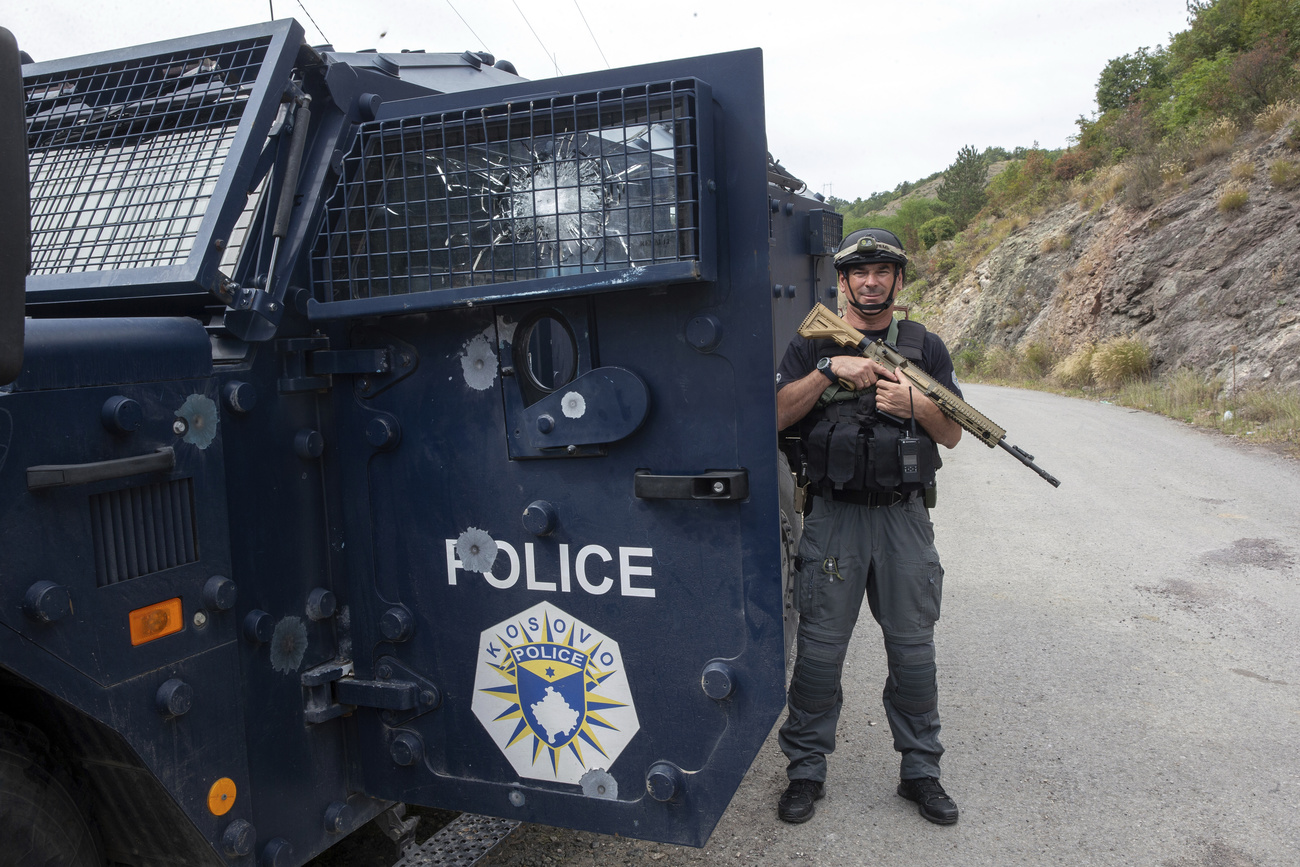
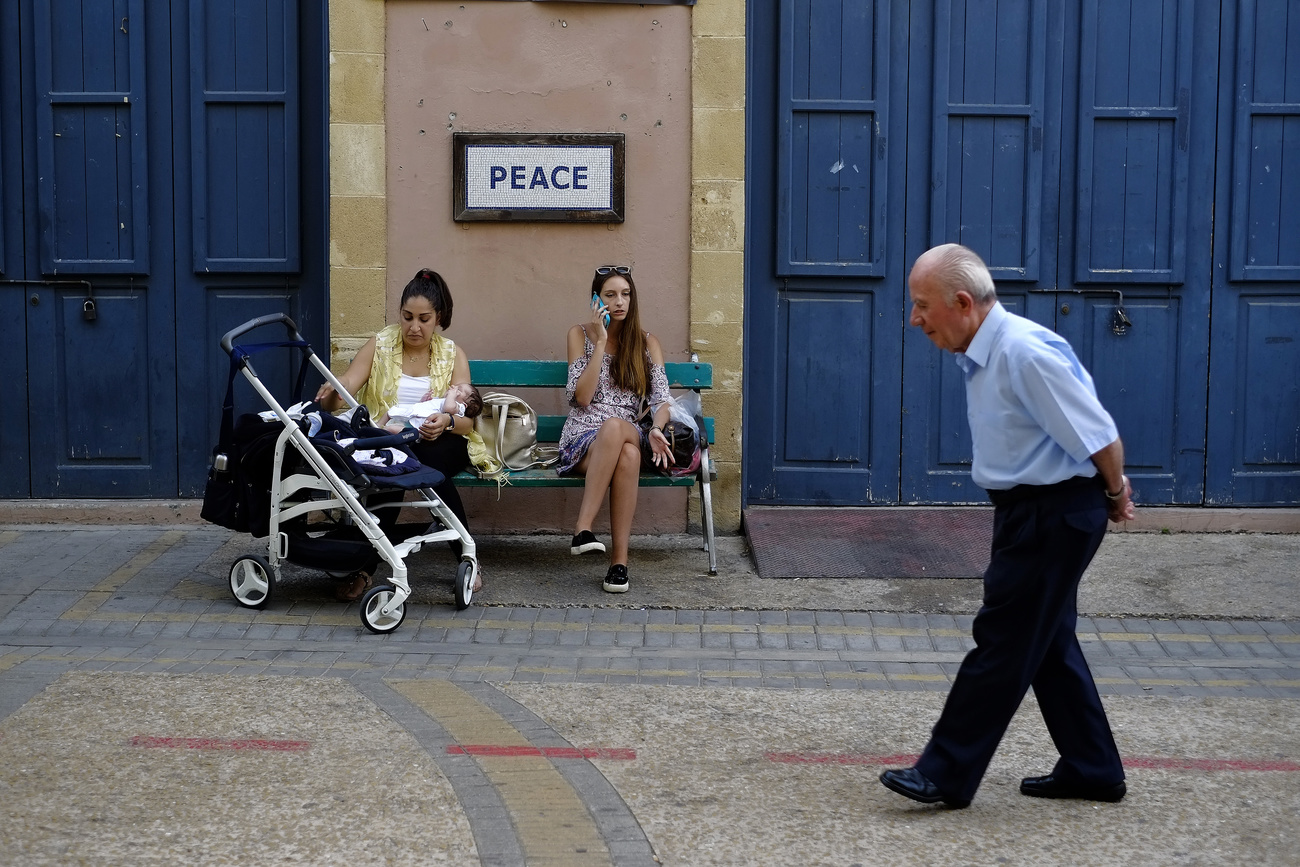
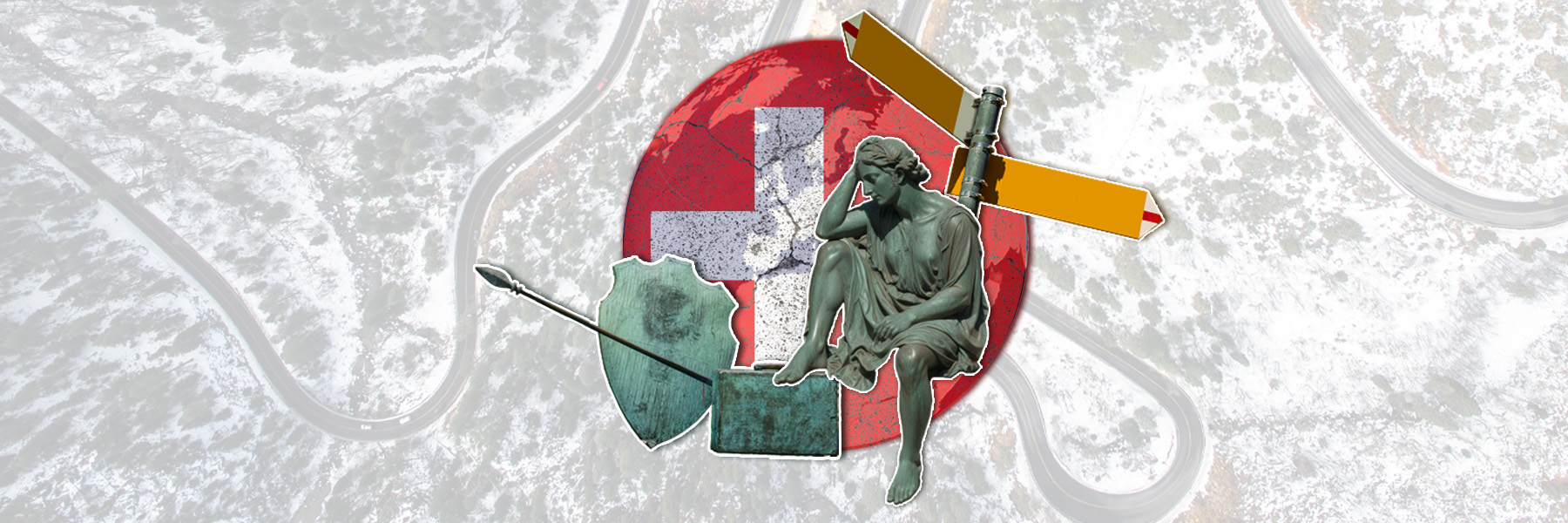
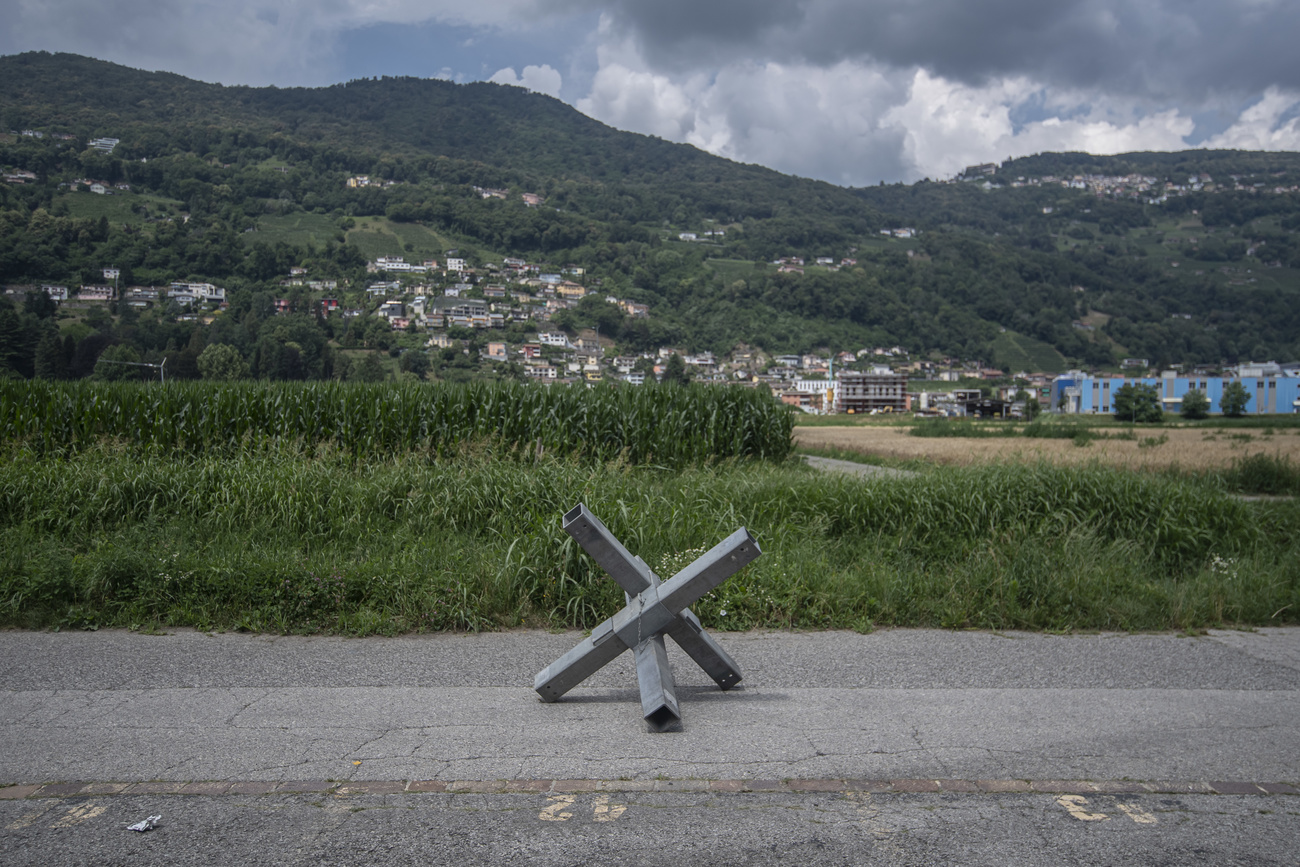
You can find an overview of ongoing debates with our journalists here . Please join us!
If you want to start a conversation about a topic raised in this article or want to report factual errors, email us at english@swissinfo.ch.